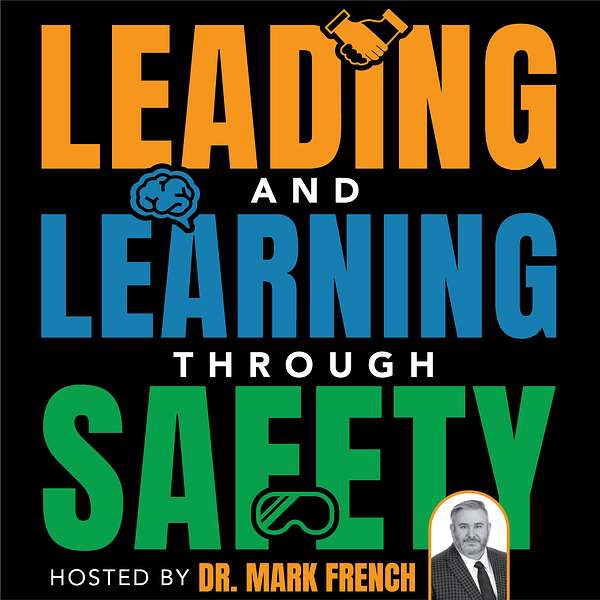
Leading and Learning Through Safety
Do you want to engage your culture? Safety is the first step to creating the motivation needed for people to perform their best. Each day, we have the chance to lead our teams and learn more about our people through an understanding of our safety climate. Through looking at current issues in HSE, we chat about creating cultural value through safety. Your host is Dr. Mark French, CSP, SPHR aka The Safety Dude.
Leading and Learning Through Safety
Episode 171 - Managing Change
•
Dr. Mark A French
This episode focuses on managing organizational change, particularly in the context of safety. Key points include:
- Nature of Change: Change is inevitable and often disruptive. Effective leadership is crucial in managing, implementing, and measuring change.
- Safety as a Moral Imperative: Safety-related changes should be the easiest to implement, as they address a universal priority—protecting human life. Organizations must clearly communicate the "why" behind safety changes to gain team support.
- Organizational Nostalgia: Reflecting on past positive experiences can strengthen team cohesion and organizational commitment, even during disruptive changes.
- Motivating Teams: Leaders should understand their audience, identify who is affected by and responsible for changes, and tailor communication to explain the necessity and benefits of the change.
- Change Resistance: Resistance to change is common, especially if it disrupts established workflows. Leadership should focus on demonstrating the long-term benefits, such as improved safety and efficiency, to overcome initial pushback.
- Leadership in Change Management: Leaders should start with safety changes to build momentum and learn strategies for managing disruptions. Success in safety initiatives can serve as a foundation for implementing other types of organizational changes.
The podcast emphasizes that managing change effectively requires a balance of strong communication, empathy, and a clear focus on shared goals.